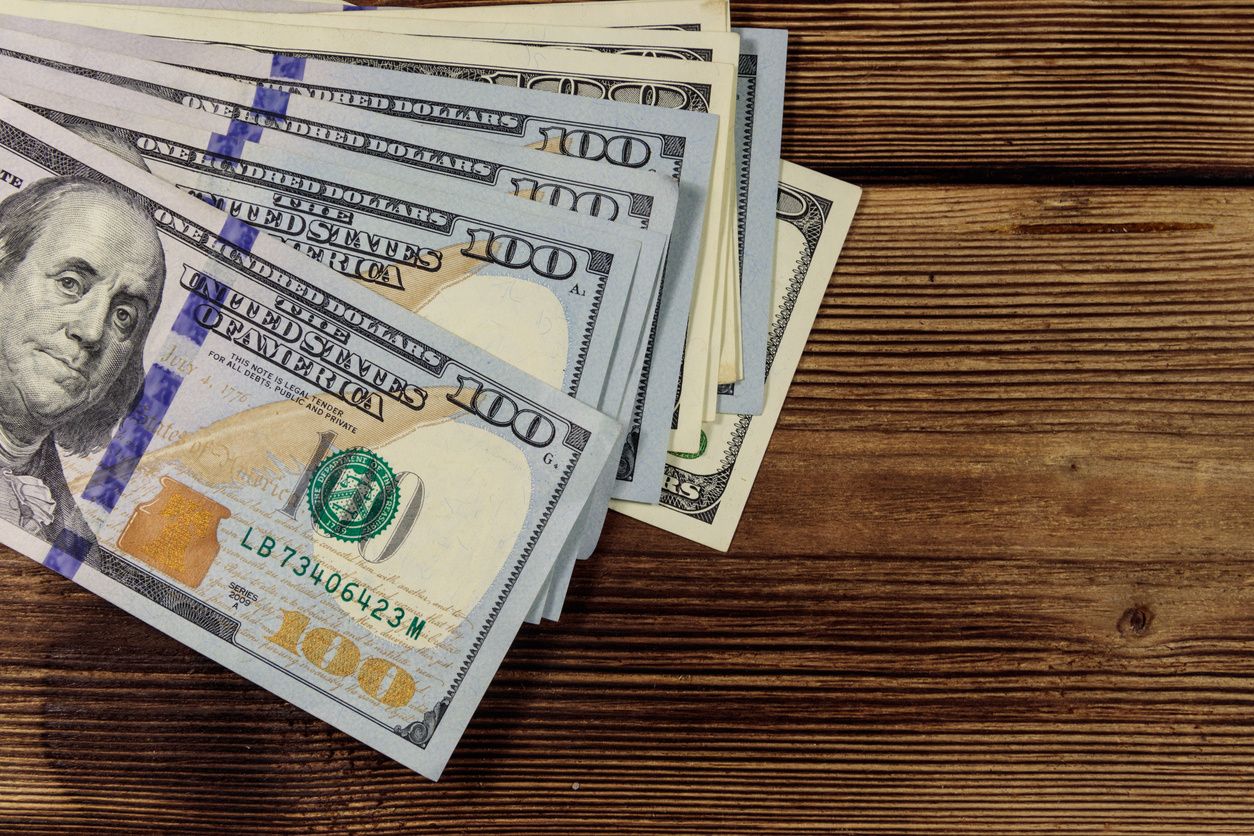Bloomberg recently published another article titled “Where to Invest $1,000,000 right now“, where six different experts provided six different opinions on where they would invest the million.
Not surprisingly, the experts they asked tended to recommend investing in assets their companies sold or serviced (for example, the one who said investing in Vietnamese property was a “no brainer” has a company that sells Vietnamese investment property and funds), going back to one of the most important principles in finance “if you want to understand why a financial professional says or does something a certain way, first ask how they get paid.” Even I would recommend a diversified portfolio of stocks and bonds, like the ones I manage for a living, though I would argue I chose my profession because I believe public securities are the most open, liquid and flexible way for most investors to invest long-term, and I invest my own money the same way, as I hope at least some of these six professionals do.
Also, an article like this is more meant to be thought-provoking reading than any actual investment recommendation because the first and most important question to ask when deciding what to invest in is “what are you investing this money for?”. Where to invest $1,000,000 life savings for a healthy 80 year old retiree who has no other assets or income would be very different than where to invest $1,000,000 bonus of a 30 year old multi-millionaire making $30,000/month who can put more money into a an investment property if needed.
So my quick replies to each of these six:
1. Gold will continue to be a terrible investment, as I explain in my book and this article
2. Chinese stocks are an asset class I own and will continue putting more into, especially at these valuations.
3. Paintings are an asset I describe as a “collectible” in my book, and are fine as an illiquid side asset for less than 5% of your portfolio, if you know what you’re doing.
4. I agree US treasuries are well-priced at the moment as a counterweight to a recession, especially a decline in the valuation of Kweichow Moutai
5. Vietnam real estate could provide good returns, but I do think there is tremendous liquidity, legal, and operational risk that should not be ignored. I have no interest in buying leasehold property in a country I don’t live in and don’t speak the language, but this guy is a specialist.
6. I agree with William Ma’s idea about India, but remain more bullish on China than on Vietnam
Hope these comments were as much food for thought!

